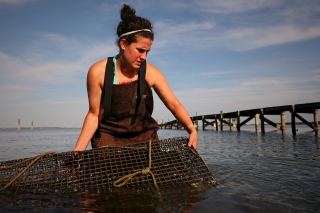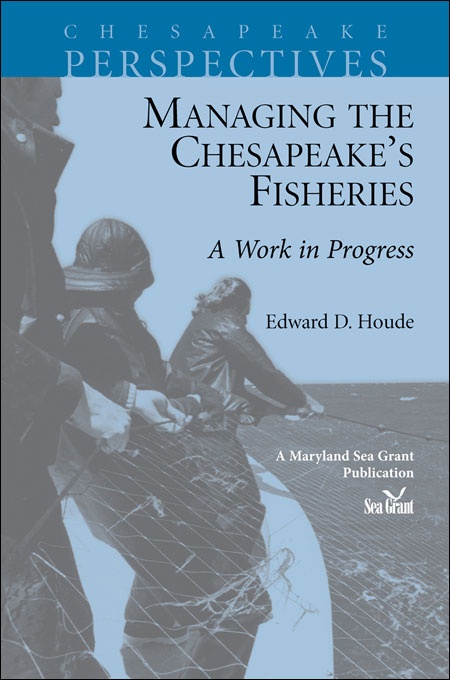Knauss legislative fellowships in Congress help build careers — and they're fun and educational. See our video and fact sheet for details.
The World is Your Oyster: Meet Annie Schatz, Aquaculture Projects Coordinator at Maryland Sea Grant
Annie Schatz’s journey in the marine sciences began in tears—and curiosity. Growing up in the landlocked state of Tennessee, her experiences with marine life were limited to beach trips to her grandparents' home and field trips to the aquarium. Fascinated by the creatures she saw, she struggled to understand why they looked so different from anything she had encountered on land. One snorkeling trip in Florida brought her face-to-face with a manatee.
"We were snorkeling, and then all of a sudden, this big creature approached us," she recalls. "I was terrified and made my dad get out of the water with me. I was crying." Despite her initial fear, the encounter sparked a lifelong fascination with the ocean's mysteries. "To this day, I regret not getting back in the water."
Schatz pursued her academic interests at Pitzer College in California, part of the Claremont Colleges. There, she explored her passion for biology and even considered medical school. However, after joining a marine science lab in her sophomore year, she began working with coastal marine invertebrates. For three years, she researched mussels and barnacles of the rocky intertidal zone, completing a thesis that eventually led her to graduate school at the Virginia Institute of Marine Science at the College of William & Mary, where she earned her PhD.
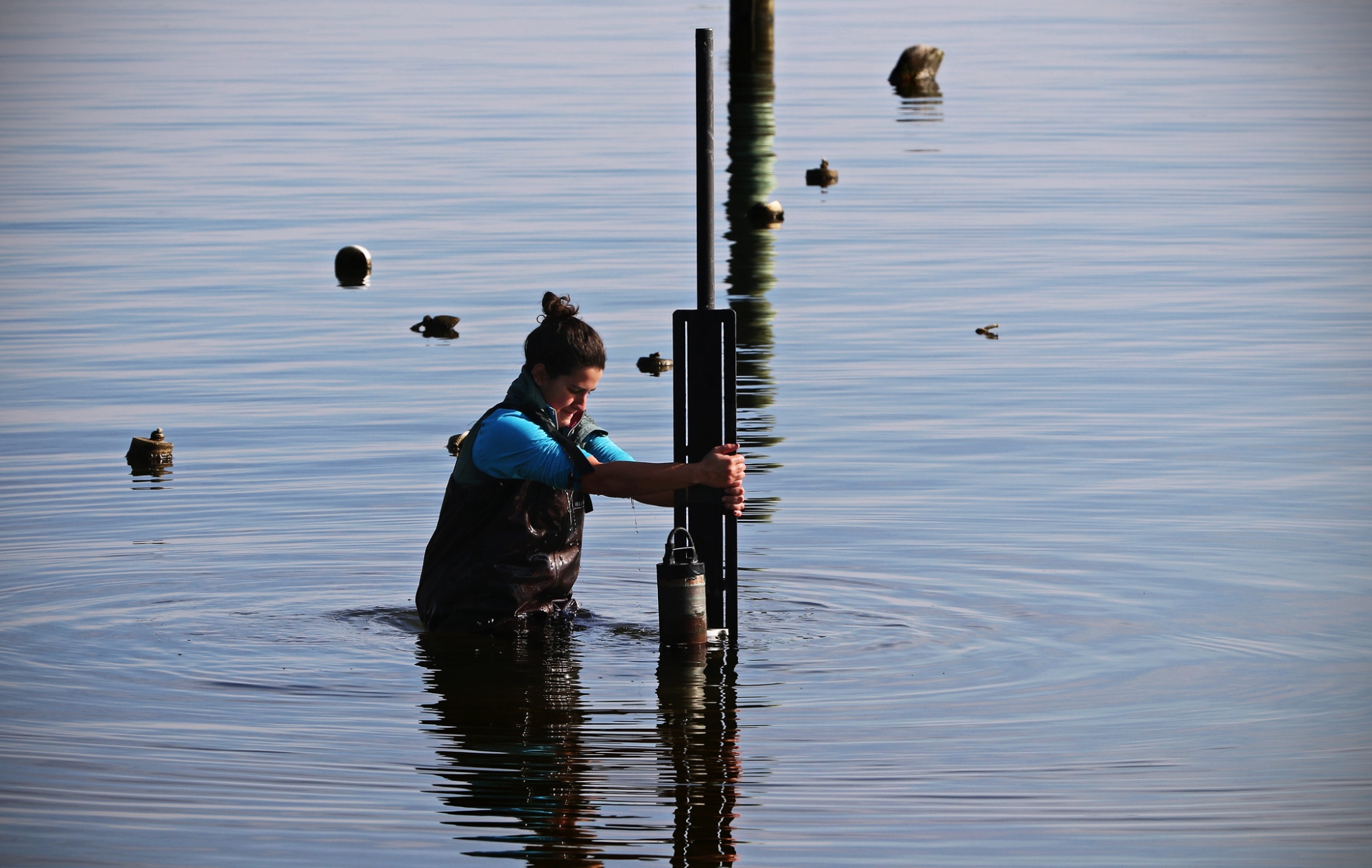
However, Schatz’s path to her PhD was anything but linear. After completing her bachelor's degree, she spent time tutoring students in mathematics and geometry before joining ECO AmeriCorps in Vermont. There, she worked with Lake Champlain Sea Grant (LCSG) on green stormwater infrastructure research and outreach, including LCSG’s Watershed Alliance education program.
These teaching experiences equipped her with the skills to effectively communicate complex concepts in various ways. “People have different ways of communicating and learning,” she says. This understanding served her well at the Virginia Institute of Marine Science, where she served as a graduate research assistant and marine science teaching fellow while completing her PhD.
Schatz’s PhD journey was not without its challenges. As her graduate advisor’s first student, she faced the difficulty of having to pioneer new projects in a fledgling lab. Her first experience with publishing was arduous, particularly because the results of her oyster aquaculture research were not statistically significant. However, her perseverance paid off, and in 2023, she published a paper on the ability of juvenile oysters to withstand changes in salinity when transitioning between a hatchery environment and oyster farms. Depending on their location in the Chesapeake Bay, farms may present the oysters with much different environmental conditions. Despite the challenges, Schatz appreciated the journey.
“It was tough, but I learned so much about resilience and the importance of meticulous research,” she says.
Schatz joined Maryland Sea Grant in 2023 to coordinate a national aquaculture project funded by the National Sea Grant Office. She quickly found herself transitioning from a researcher with a narrow focus to someone who needed to understand a wide array of aquaculture practices across the country. This shift wasn't easy, but she says her journey in research and education taught her not only the key elements of aquaculture, but also the right questions to ask to learn about new topics.
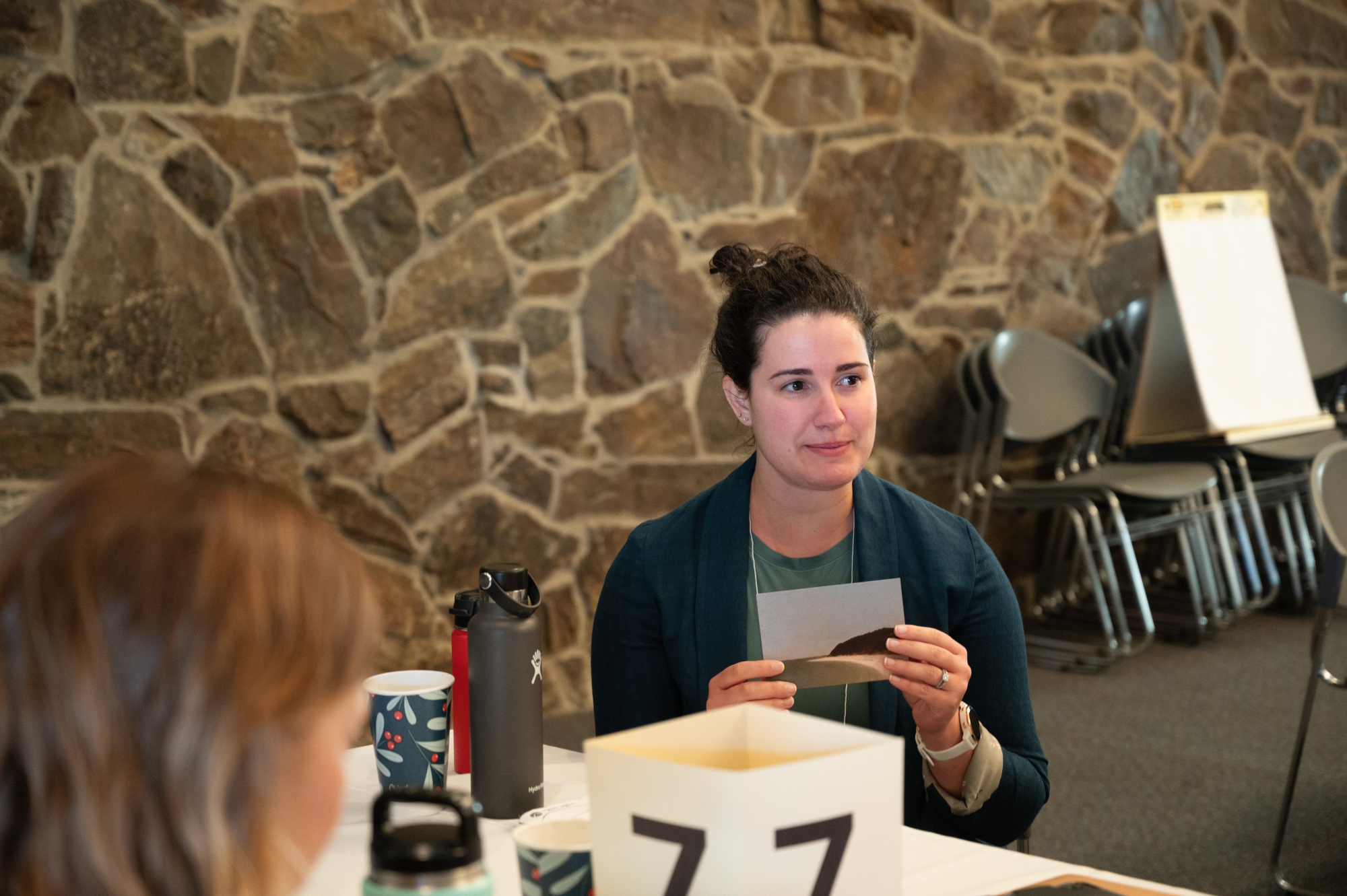
As an aquaculture projects coordinator, Schatz organizes regional workshops across the country to introduce and improve aquaculture planning tools developed by the National Centers for Coastal Ocean Science (NCCOS), a part of the National Oceanic and Atmospheric Administration.
These tools can help determine available and suitable locations for offshore aquaculture projects–a challenge in coastal and ocean areas that are busy with industrial interests like military activity, offshore energy, powerlines, and commercial fishing, as well as recreational interests like fishing and boating. Her coordinating work involves extensive communication and organization, bringing together stakeholders to advance and expand aquaculture practices across the country.
“Getting different people into the room and on the same page means we’re not reinventing the wheel on aquaculture,” Schatz says. “We can find solutions quicker and more effectively. I’d like people to think of me as a connector.”
Using her ability as a connector, Schatz creates engaging workshop structures and content. Her goal is not only to showcase the aquaculture siting tools and gather feedback but also to create a larger network of aquaculture professionals to enhance the industry's efficiency and growth.
"Aquaculture is a growing priority in the US, but it's happening in little pockets. Not everyone who should be connected is, and that’s where we come in.” After bridging gaps and hosting workshops, Schatz summarizes, analyzes, and compiles information into a report. These data provide valuable feedback for NCCOS on their siting tools and future collaborations.
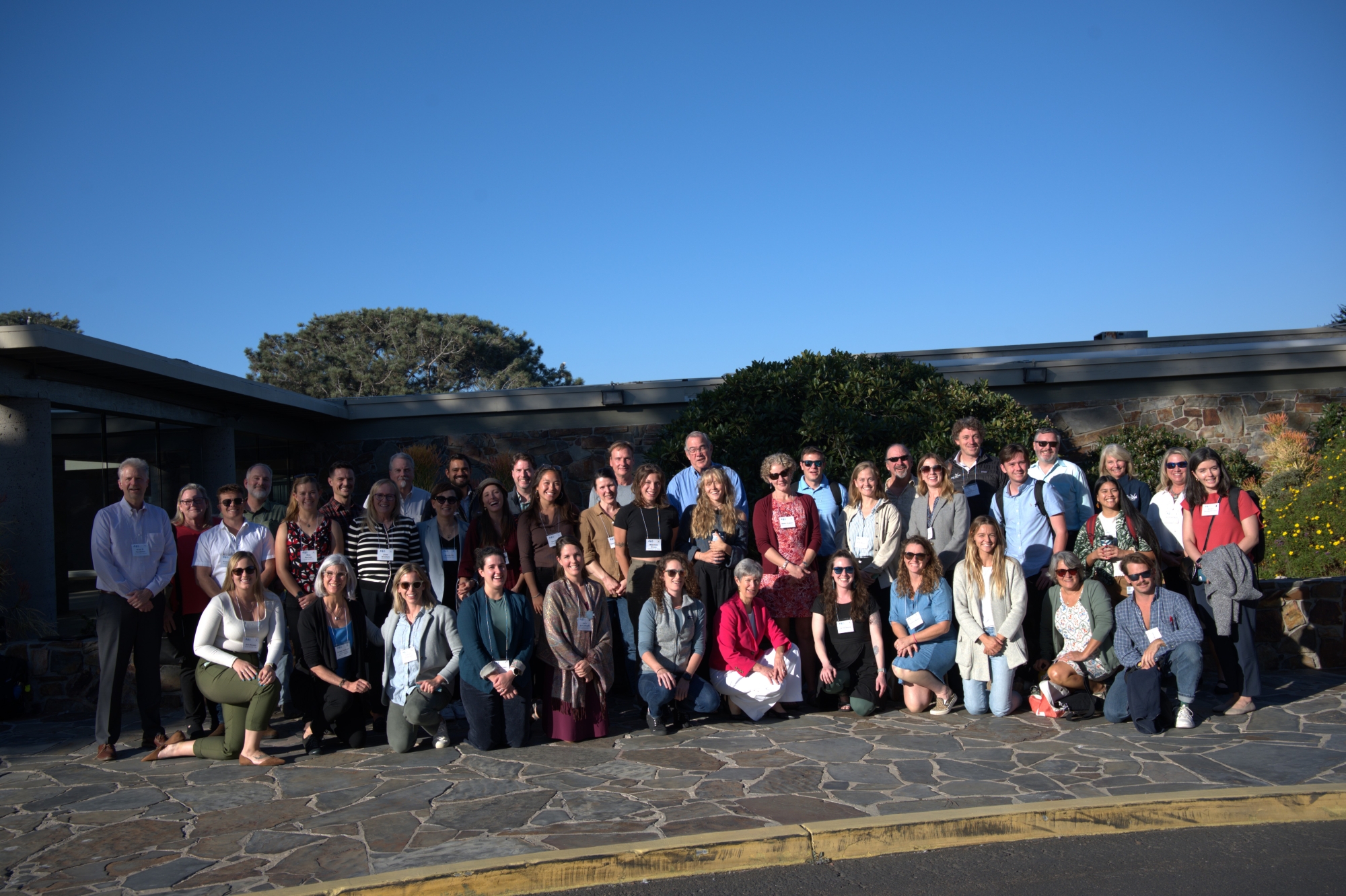
Schatz’s work with Sea Grant has broadened her knowledge of aquaculture, and she hopes to have the same effect on others. She is particularly excited about the future of aquaculture, such as the potential of land-based recirculating aquaculture systems.
Growing fish on land in large tanks can provide fresh seafood to communities far from the coast. The big picture of growing aquaculture in the US is exciting. Schatz says aquaculture could be an important factor in environmental and public health initiatives. "We have a direct way to make an impact not only on the environment, but also on the people in our country,” she says, “By making healthier food available to more people.”
Top left image: Annie Schatz handles an oyster aquaculture cage during her PhD research. Photo: Aileen Devlin, Virginia Sea Grant
See all posts from the On the Bay blog
